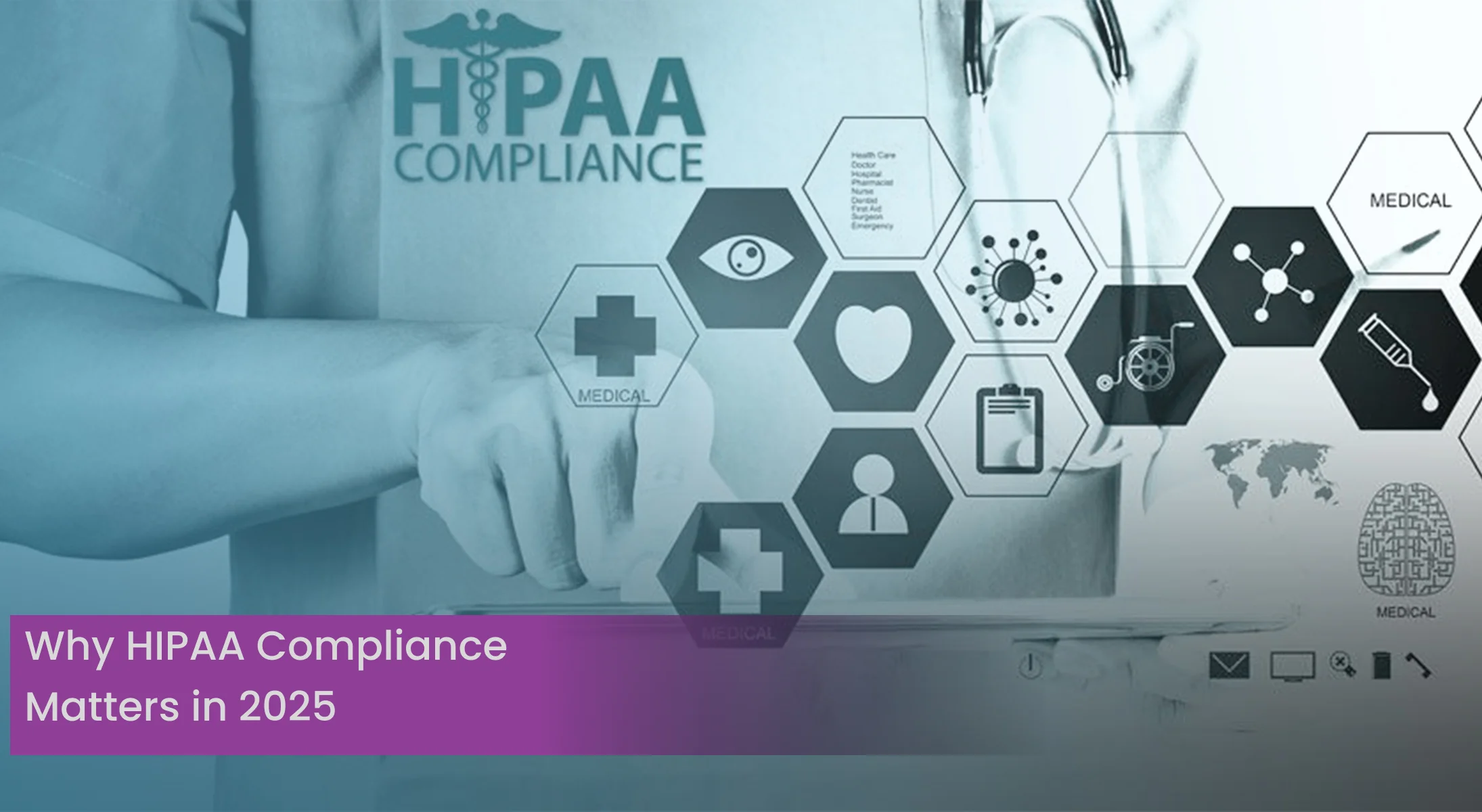
HIPAA Compliance in Medical Billing: What Every Provider Must Know
By Billmate
Sept. 11, 2025, 5:28 a.m.
Introduction
HIPAA compliance in medical billing is more than a legal requirement; it’s a necessity for building patient trust and maintaining financial stability. As billing systems grow increasingly digital, providers face mounting risks from data breaches, inaccurate claims, and regulatory penalties. For doctors, clinic managers, and hospitals, understanding how HIPAA impacts the revenue cycle is crucial. This blog breaks down what compliance means, the risks of noncompliance, and how medical billing solutions can help ensure accuracy, security, and efficiency.
What is HIPAA Compliance in Medical Billing?
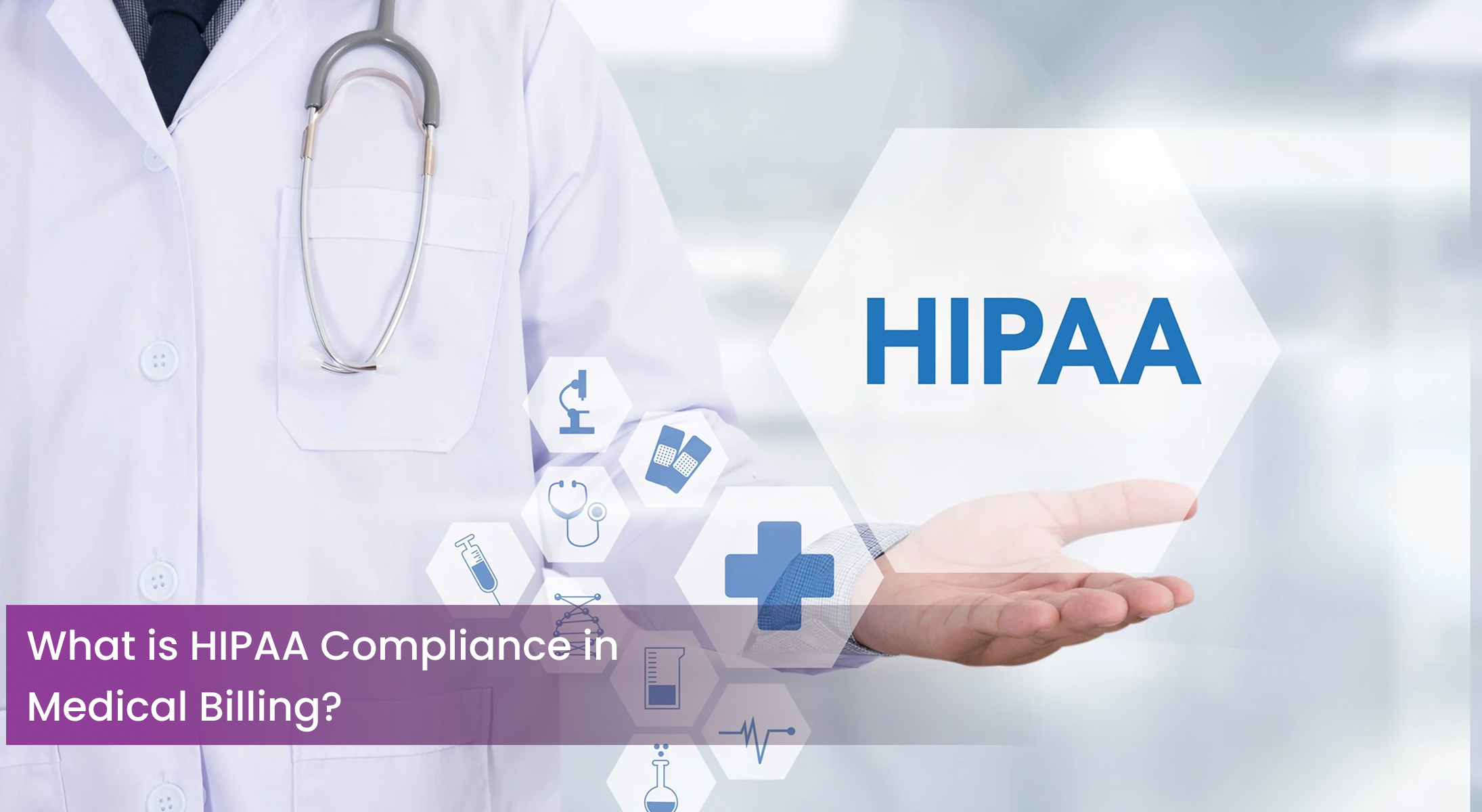
The Health Insurance Portability and Accountability Act (HIPAA) establishes strict standards for safeguarding Protected Health Information (PHI). In medical billing, HIPAA ensures that patient data is securely collected, stored, and transmitted while claims are processed.
Compliance protects both patients and providers by:
-
Preventing unauthorized access to patient records.
-
Reducing the risk of fraud and identity theft.
-
Supporting accurate claims processing for faster reimbursements.
-
Avoiding hefty penalties from the U.S. Department of Health & Human Services (HHS).
Why HIPAA Compliance Matters in 2025
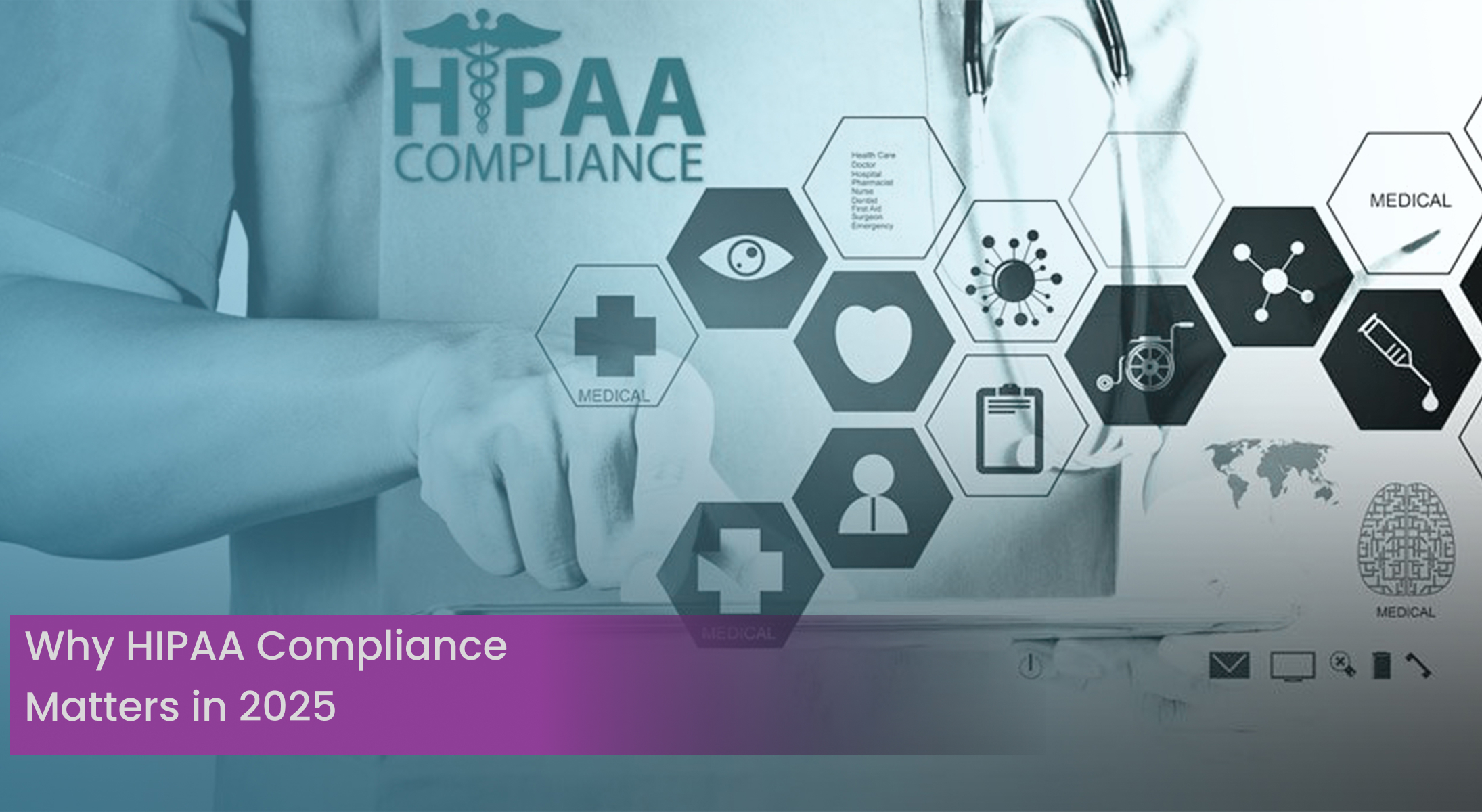
Rising Data Breach Threats
According to a HIPAA Journal report, healthcare breaches exposed over 133 million patient records in 2023, and the trend is expected to rise in 2025. Noncompliant billing systems are prime targets.
Financial Penalties
HIPAA fines can range from $100 to $50,000 per violation, with a maximum annual penalty of $1.5 million. Noncompliance directly affects profitability.
Patient Trust
Today’s patients expect their sensitive data to be handled with the utmost care. Practices that fail to demonstrate compliance risk losing patients to more trustworthy providers.
Top HIPAA Challenges in Medical Billing

-
Claim Denials and Data Accuracy: Errors in claims can expose sensitive information and increase rejection rates. Providers often ask, “How can we reduce claim denials in healthcare?” The answer begins with accurate, compliant billing.
-
Medical Coding Errors: Improper coding not only leads to financial loss but also violates compliance standards. ICD-11 updates in 2025 make accuracy even more critical.
-
Staff Training Gaps: Many compliance issues stem from staff not being fully trained on HIPAA protocols and secure billing practices.
-
Outdated Technology: Legacy billing systems are unable to meet the medical billing automation 2025 standards, leaving providers vulnerable to breaches and errors.
-
Outsourcing Risks: While there are many medical billing outsourcing benefits, choosing an unqualified partner can expose your practice to compliance failures. Always verify HIPAA compliance certifications before you outsource medical billing.
Best Practices for HIPAA-Compliant Medical Billing

-
Implement a Medical Billing Compliance Checklist 2025
Every practice should maintain a checklist that includes:
-
Role-based access control for staff.
-
Encryption of PHI during transmission.
-
Regular audits for billing accuracy.
-
Staff HIPAA training every 12 months.
-
Leverage Automation for Accuracy
Using medical billing automation in 2025 ensures:
-
Fewer medical coding errors.
-
Real-time error detection.
-
Faster claim approvals and reimbursements.
-
Adopt Secure Cloud-Based Billing Systems: Cloud billing systems certified under HIPAA are now considered best-in-class for healthcare revenue cycle management.
-
Train and Educate Staff: Continuous training is one of the best medical billing practices for clinics, ensuring that every team member understands compliance obligations.
-
Partner with Trusted Providers: Providers who outsource medical billing services USA to HIPAA-compliant partners benefit from both security and efficiency.
The Role of HIPAA in Revenue Cycle Management
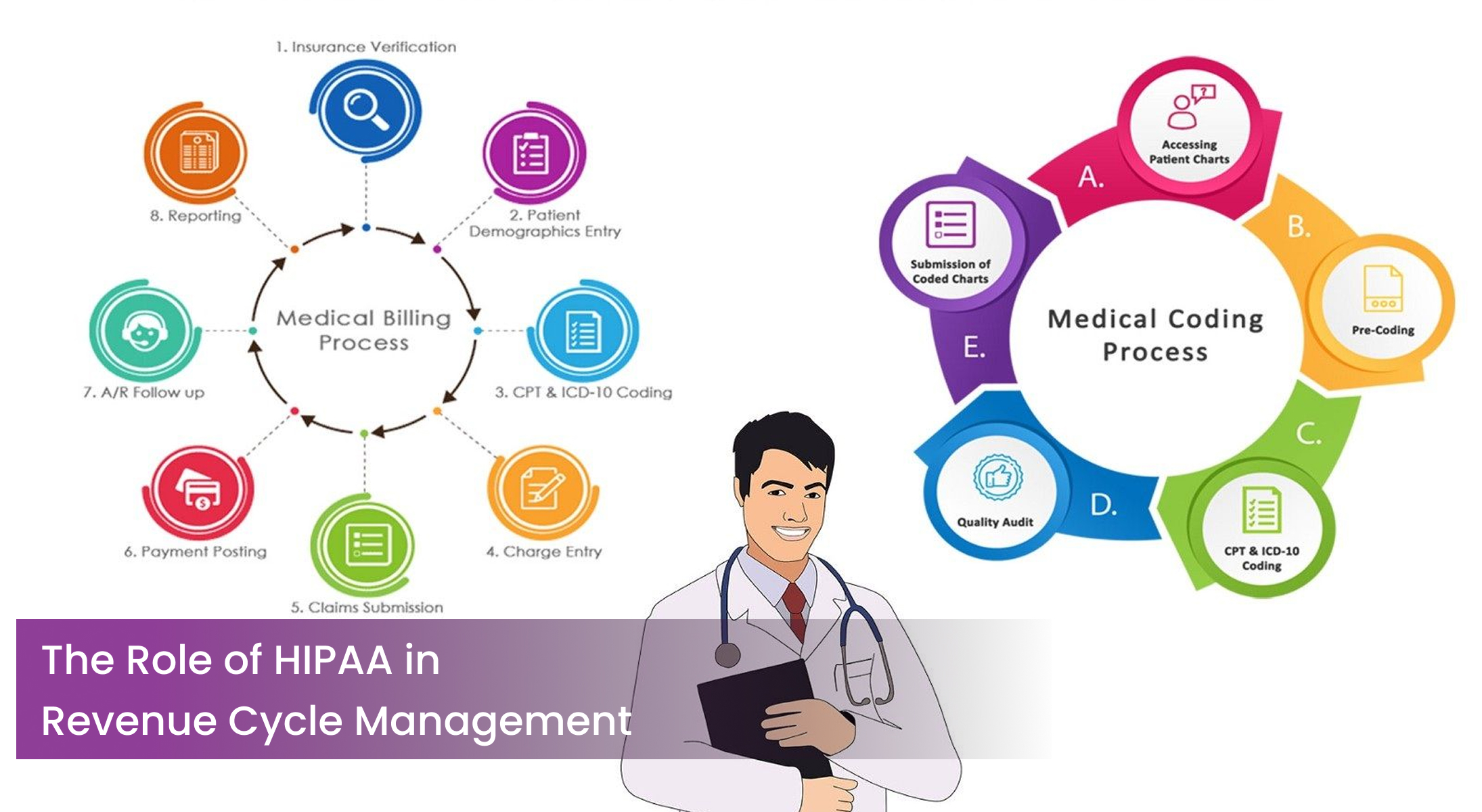
HIPAA compliance is directly tied to healthcare revenue cycle management. By maintaining secure billing processes, providers can:
-
Reduce billing errors that lead to denials.
-
Ensure timely reimbursements.
-
Build a strong reputation for patient safety and trust.
According to CMS, organizations with compliance-driven billing processes report 20% fewer denials compared to those without structured compliance programs.
Benefits of Outsourcing HIPAA-Compliant Billing

Wondering why outsource medical billing services USA in 2025? The benefits are clear:
- Compliance Assurance: Outsourcing partners follow strict HIPAA protocols.
- Faster Payments: Outsourced teams specialize in denial prevention.
- Cost Savings: Reduction in in-house administrative burden.
- Expert Support: Certified coders and compliance specialists on demand.
Explore our HIPAA-compliant services to discover how outsourcing can transform your billing workflow.
Conclusion
HIPAA compliance in medical billing is no longer optional; it’s a foundation for secure, efficient, and trustworthy healthcare operations. From preventing claim denials in medical billing to safeguarding patient data, providers must adopt a proactive approach in 2025. By following a medical billing compliance checklist 2025, leveraging automation, and working with trusted partners, practices can ensure compliance, protect patients, and maximize healthcare reimbursements.
Frequently Asked Questions
1. What is HIPAA compliance in medical billing?
It means protecting patient data (PHI) and following HIPAA rules while processing claims securely.
2. Why is HIPAA compliance important in 2025?
It prevents data breaches, avoids heavy fines, and builds patient trust.
3. What are the risks of noncompliance?
Noncompliance leads to HIPAA penalties, claim denials, data theft, and loss of reputation.
4. How does automation support HIPAA compliance?
Medical billing automation 2025 reduces coding errors, speeds claims, and ensures accuracy.
5. What are the best practices for HIPAA-compliant billing?
Use encryption, role-based access, audits, secure cloud systems, and staff training.
6. Why outsource HIPAA-compliant billing?
Outsourcing ensures compliance, faster payments, fewer denials, and expert support.
7. How does HIPAA affect Revenue Cycle Management (RCM)?
It improves claim accuracy, reduces denials, and ensures timely reimbursements.
What To Read Next

By Billmate | February 23, 2026
Hospice Modifiers GV and GW: A Complete Guide for Medicare Billing
In-depth 2026 guide to hospice modifiers GV and GW, Medicare billing rules, documentation standards…

By Billmate | February 20, 2026
Tick Bite ICD-10 Codes and Billing Guide for Accurate Medical Coding
Complete guide to tick bite ICD-10 codes, Lyme disease coding, CPT tick removal billing, erythema m…

By Billmate | February 19, 2026
Denial Management in Medical Billing: Common Denials, Causes, and Prevention Strategies
Learn denial management in medical billing, common denials, eligibility denials, causes, prevention…
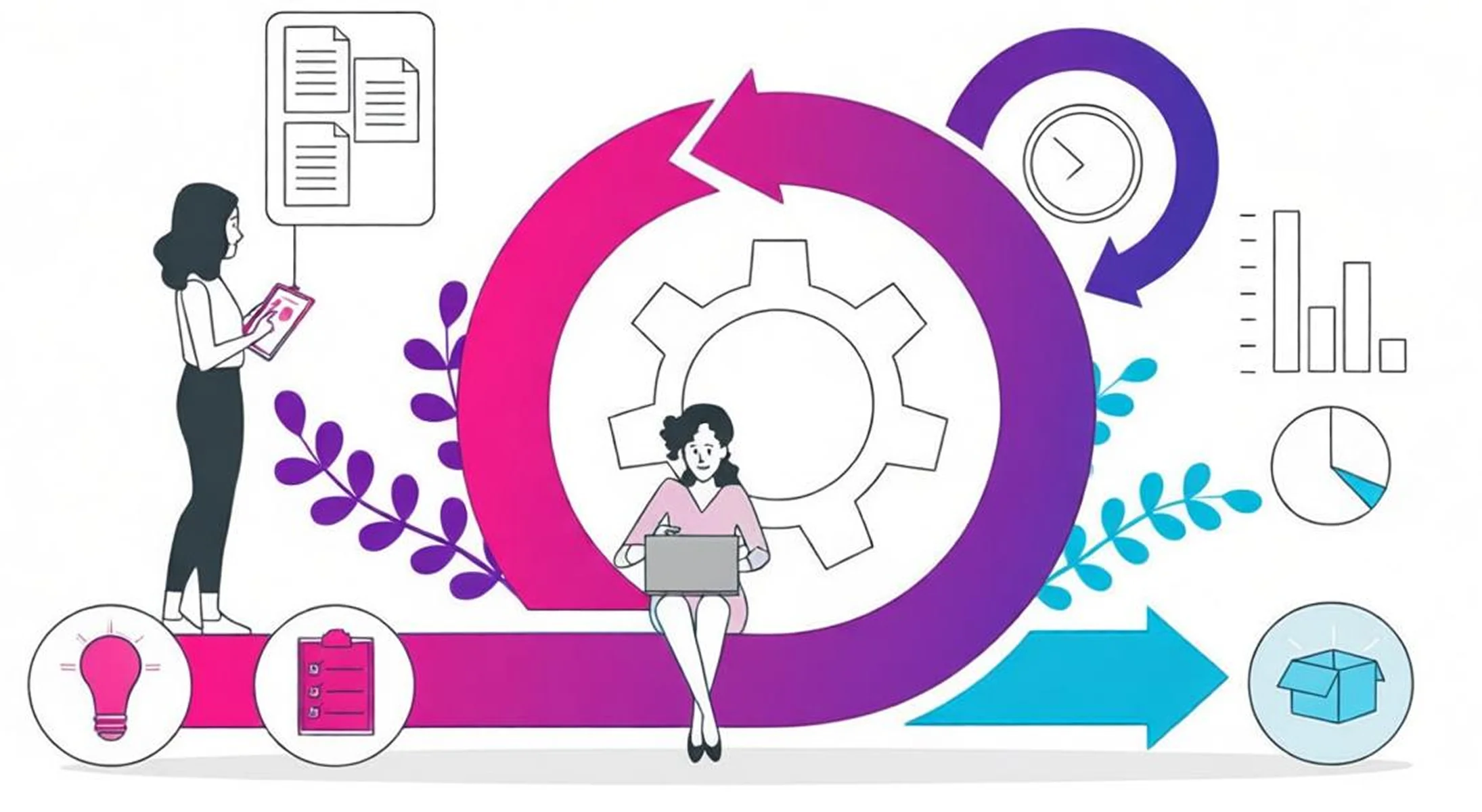
By Billmate | February 17, 2026
Mastering Revenue Cycle Management in Healthcare: A Comprehensive 2026 Guide
A comprehensive 2026 guide to revenue cycle management in healthcare, RCM in medical billing, hospi…

By Billmate | February 12, 2026
Patient Responsibility in Healthcare: How Providers Can Improve Collections Without Hurting Patient…
Learn how providers can improve patient responsibility collections without damaging trust, transpar…
Join our team to be a part
of our story
Learn more about our career, education and
posting jobs, and
submit simple application.